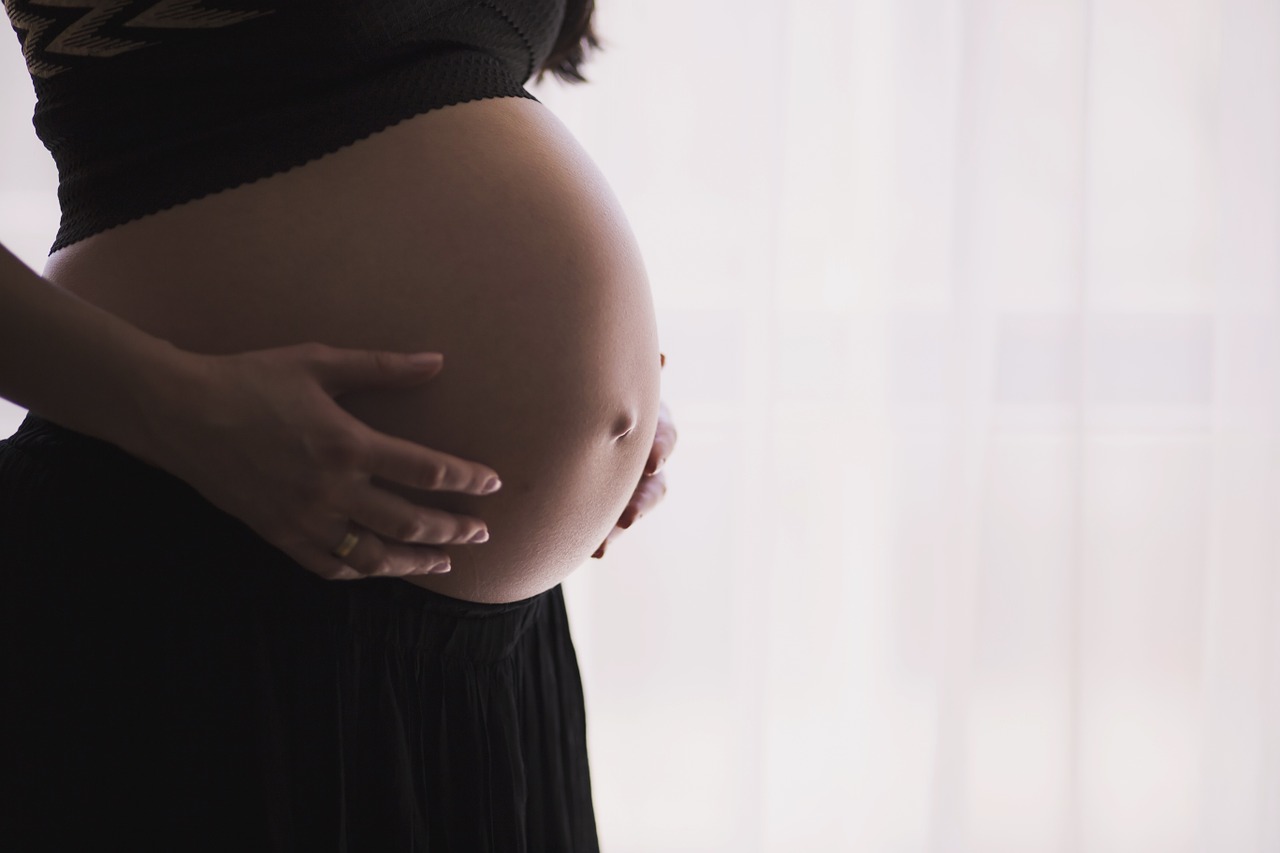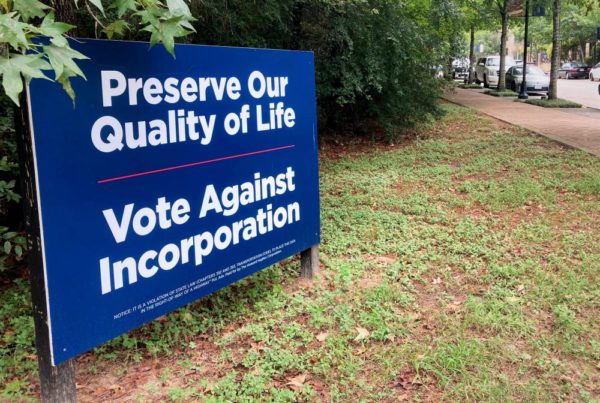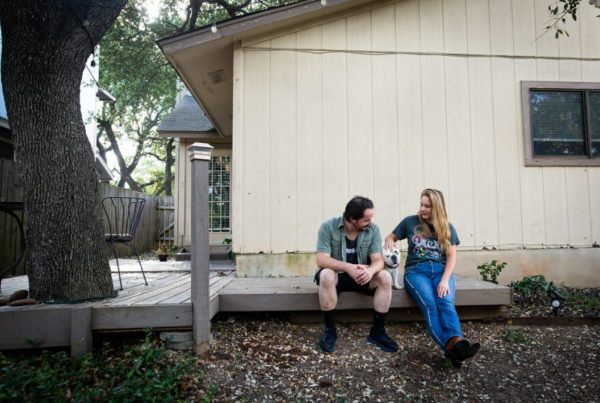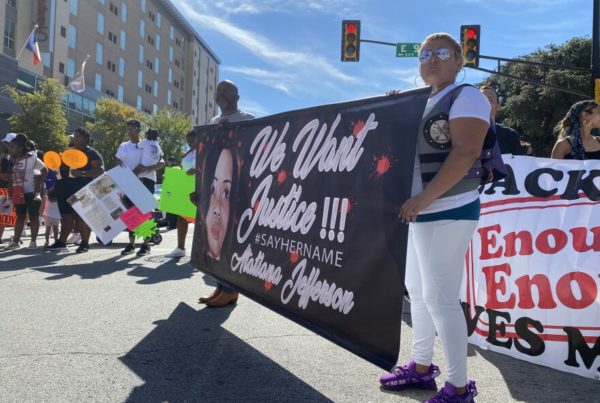The rate of pregnant people hospitalized due to COVID-19 increased with the rise of the delta variant, according to a Dallas-based study by University of Texas–Southwestern Medical Center researchers.
The study tracked more than 1,500 pregnant people in the Dallas area who tested positive for the virus. Of those, 82 were hospitalized, and two died. Only one of the hospitalized patients was unvaccinated.
Dr. Emily Adhikari is the author of the study, the medical director of Perinatal Infectious Diseases at Parkland Hospital in Dallas and assistant professor in Obstetrics and Gynecology at UT-Southwestern.
Texas Standard: Tell us a little bit more about this study. I gather over 1,500 pregnant women in the Dallas area were part of the research.
Dr. Emily Adhikari: That’s correct. We followed over 1,500 pregnant women through September of 2021 who were diagnosed with COVID-19 during their pregnancies.
So it’s important to note that some of this group were vaccinated. Some were not. Can you break down some of the different outcomes that you saw?
Yes. So importantly, most of these women didn’t have access to the vaccine. The vaccine was only made available late in 2020 to early 2021 to patients. And then a proportion of patients were diagnosed in 2021 had [been] vaccinated before their diagnosis, but it was a small minority of patients. But we had learned that in 2020, with the previous surges, we experienced approximately 5% of patients developed severe or critical illness and were hospitalized. What we discovered was with this most recent surge in August [and] September of 2021, many more patients began to come into the hospital, severely ill, requiring hospitalization [or] potential ICU admission. And we saw upwards of 15-25%.
I think that most people hearing those numbers would think we’re talking about when the delta variant was a major cause of concern during that period. Can you say with any certainty how much of the increase you witnessed was because of the delta variant?
Well, our colleagues at UT-Southwestern and Dr. Jeffrey Sorrels Lamb, we’re doing surveillance sequencing of the community samples that they acquired and were able to document that by the end of July 2021, the delta variant was almost 100% of sequences that they were able to sample.
Is there something about being pregnant that seems to make it easier to contract the virus?
Well, we knew already that the delta variant is more transmissible than previous variants. And so because a more transmissible variant was spreading through the community and became predominant, if there’s an unvaccinated group or an under-vaccinated group of patients, they are more likely to have an infection when they’re exposed. That became our pregnant population – because pregnant women, the CDC reports, about 30% have gotten vaccinated – because they are relatively undervaccinated, they had no immunity. So I think that this variant was particularly virulent in this in this group that had no immunity.
I can see how some listeners, when they’re thinking about vaccines, may have concerns about potential interactions between the vaccine itself and a fetus. What does the research say so far about that?
We have seen increasing research that is very reassuring about the safety and now the efficacy of COVID vaccination in pregnancy. We’ve seen research that shows the side effects are very mild and similar to what a nonpregnant person would experience. We know the vaccine itself is just a signal. It’s just a signal for the body to make natural antibodies and the vaccine goes away. It does not affect the baby. it does not cross the placenta. But those antibodies that are made naturally by a woman’s body are protective for her, and those antibodies can potentially cross the placenta and go through breast milk to protect the baby as well.
If someone was thinking about starting a family and they asked you about whether now is a good time to do so, or if it might be wiser to wait given the pandemic – these are big questions. How would you advise them?
They are big questions. I think it’s a personal decision, but life has to go on and this pandemic has lasted for a long time. We’ve gotten a lot of experience knowing how to protect ourselves. So I now consider COVID-19 a vaccine preventable disease because if we can vaccinate enough of the community, we will see this go away. And that’s the strategy.















